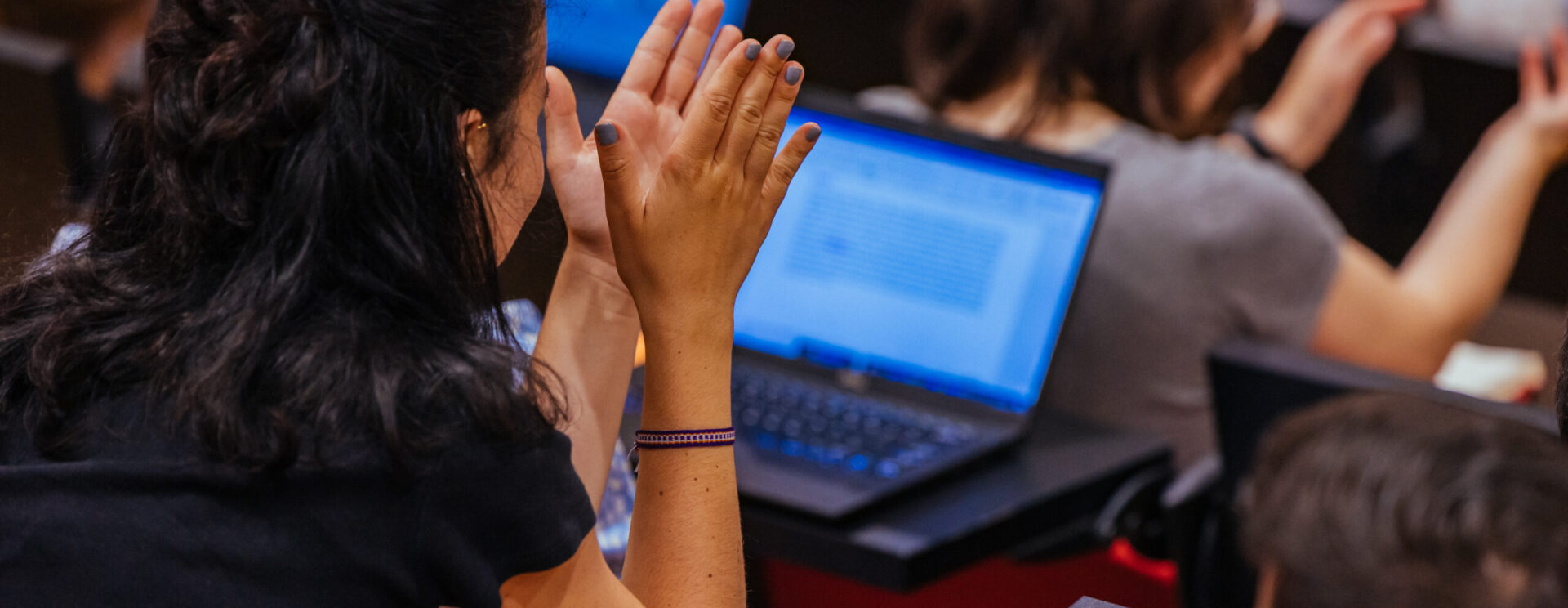Program
9:00-10:30
- Stéphane Zuber (PSE, CNRS): Separable social welfare functions for multi-species populations
- Audrey Maille (Muséum national d’Histoire naturelle): Co-existing with other primates : welfare issues in captivity and in the wild
11:00-12:30
- Walter Veit (University of Bristol): From Life History Complexity to Welfare Comparisons
- Eleftheria Triviza (University of Mannheim): Eating Habits, Food Consumption, and Health: The Role of Early Life Experiences
14:00-15:30
- Matilda Gibbons (University of Pennsylvania): Can Insects Feel Pain?
- Bob Fischer (Texas State University): A method for making interspecies welfare comparisons
16:00-17:30
- Lynne Sneddon (University of Gothenburg): Pain and sentience in fishes
- Heather Browning (University of Southampton): The Underdetermination Problem for Interspecies Welfare Comparisons
18:00-19:00 – Gilles Boeuf (Muséum national d’Histoire naturelle): How to take animal behavior into account?
9:00-10:30
- Rafael Schütz (PSE, Université Paris 1 Panthéon-Sorbonne): Does it take a stick to eat a carrot? Estimating the animal welfare impacts of food consumption and Pigouvian pricing
- Jonathan Birch (LSE): Animal sentience and interspecies welfare comparisons
11:00-12:30
- Romain Espinosa (CIRED), Nicolas Treich (TSE): The Animal Welfare Levy
- Leisha Hewitt (The University of Adelaide): Transforming policy into meaningful animal welfare improvements
14:00-15:30
- Kevin Kuruc (The University of Texas at Austin): What should we pay to avert the life of a farmed animal?
- Nicolas Delon (New College of Florida): Agency and Welfare across Species
Closing
The Opening Economics Chair allows economists to respond in creative and effective ways to the major questions of our times, by integrating two observations: that current challenges, complex and multifaceted as they are, demand an approach that transcends disciplinary boundaries, and that economics research must be renewed by advances made in other related disciplines.


